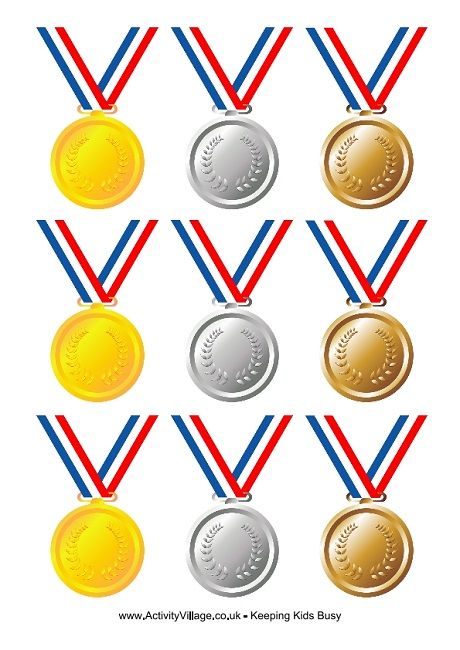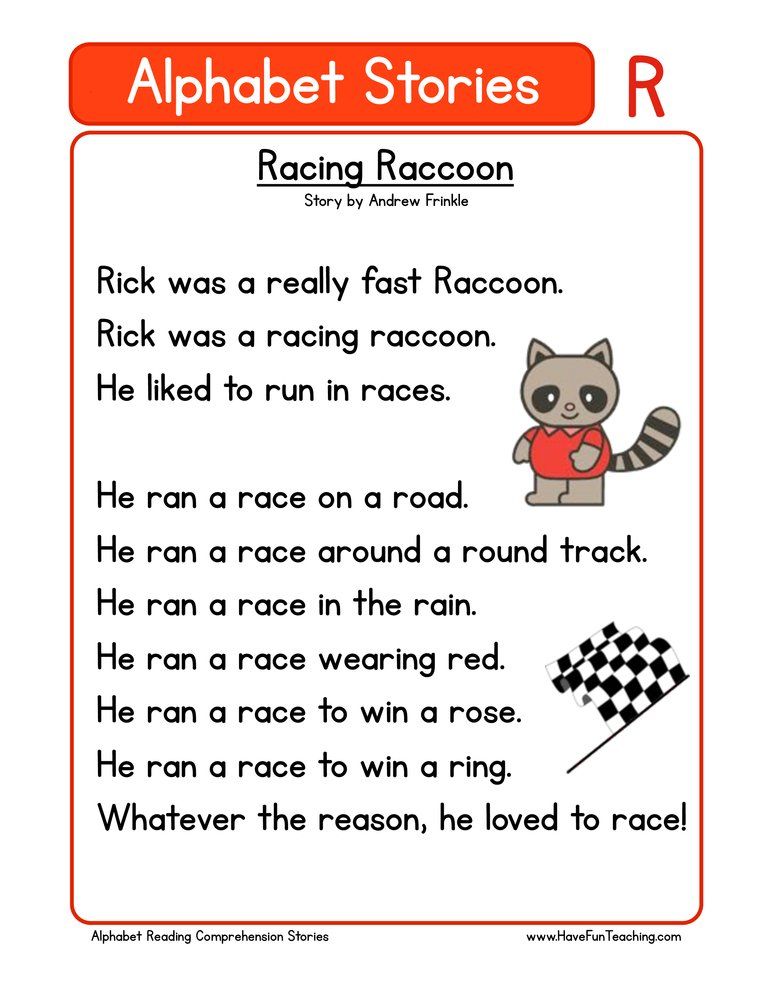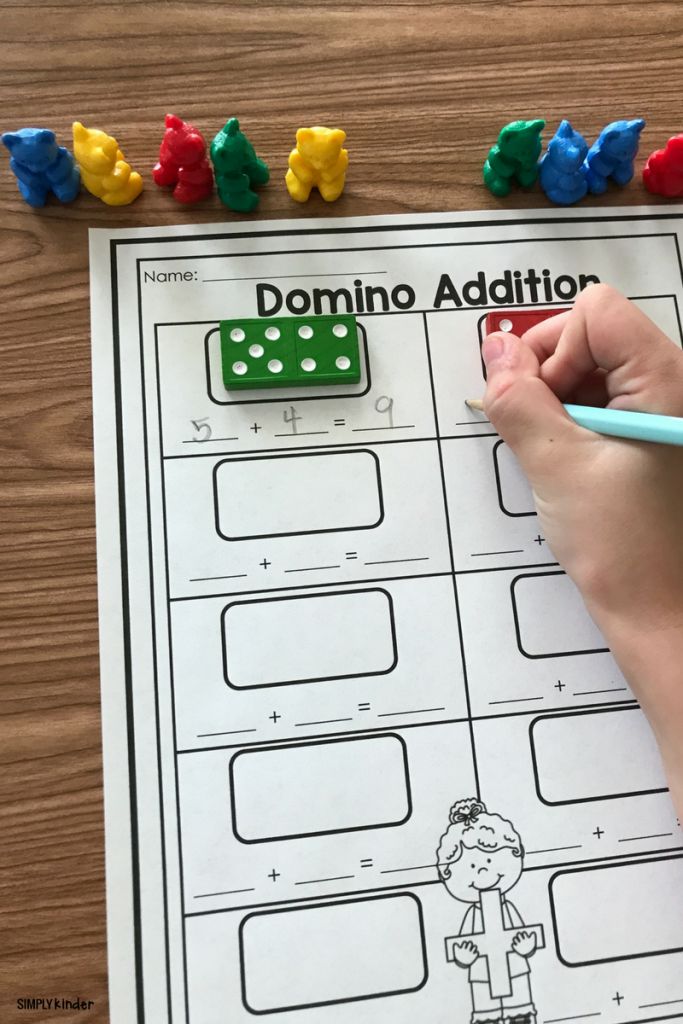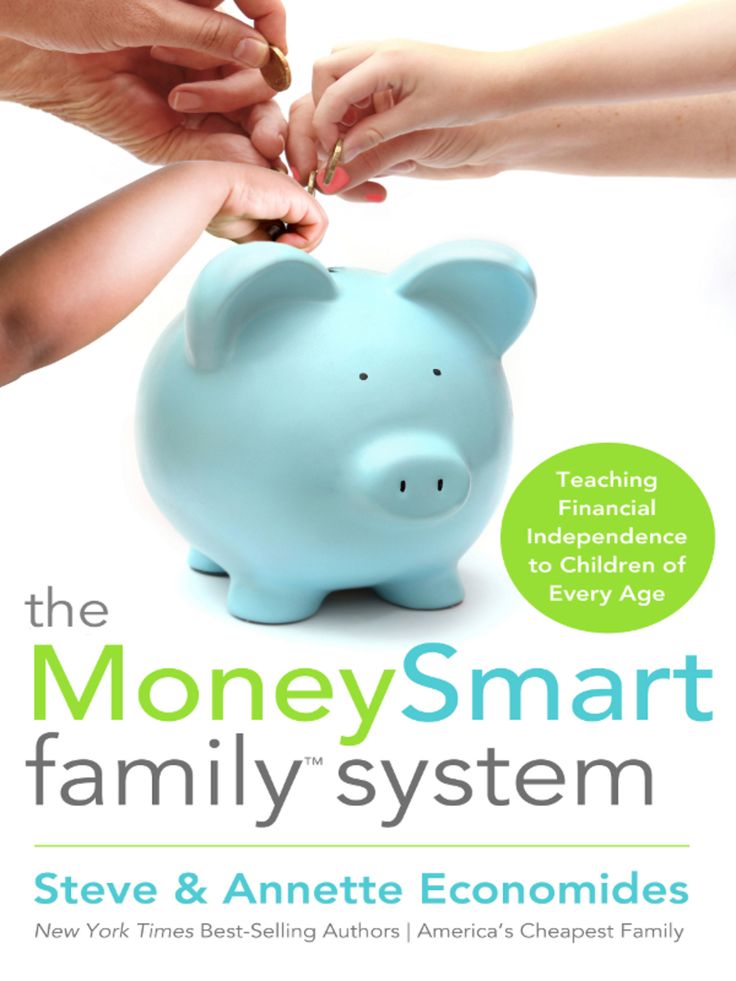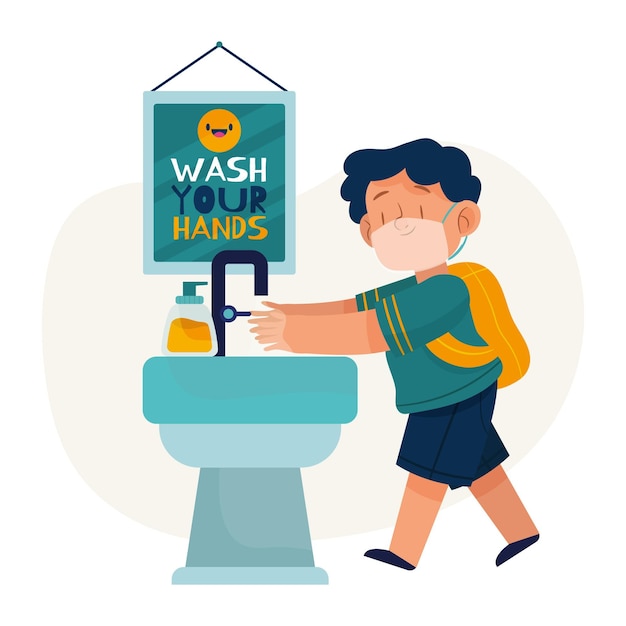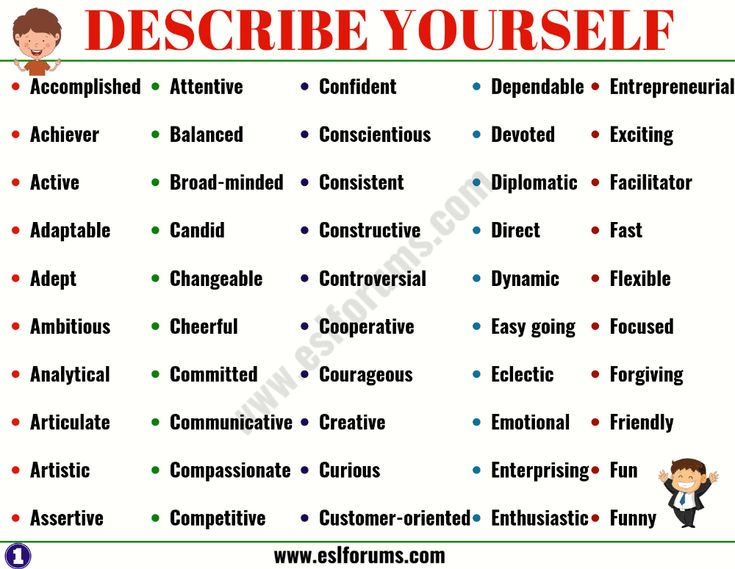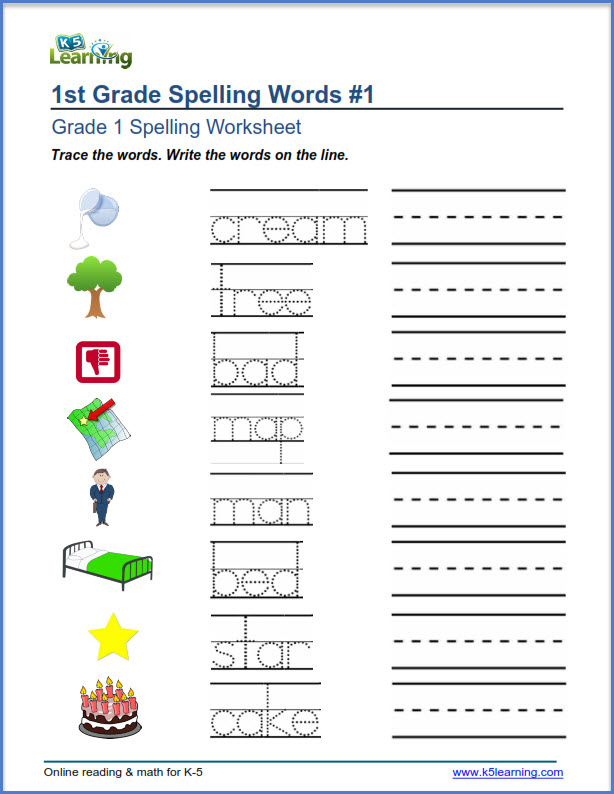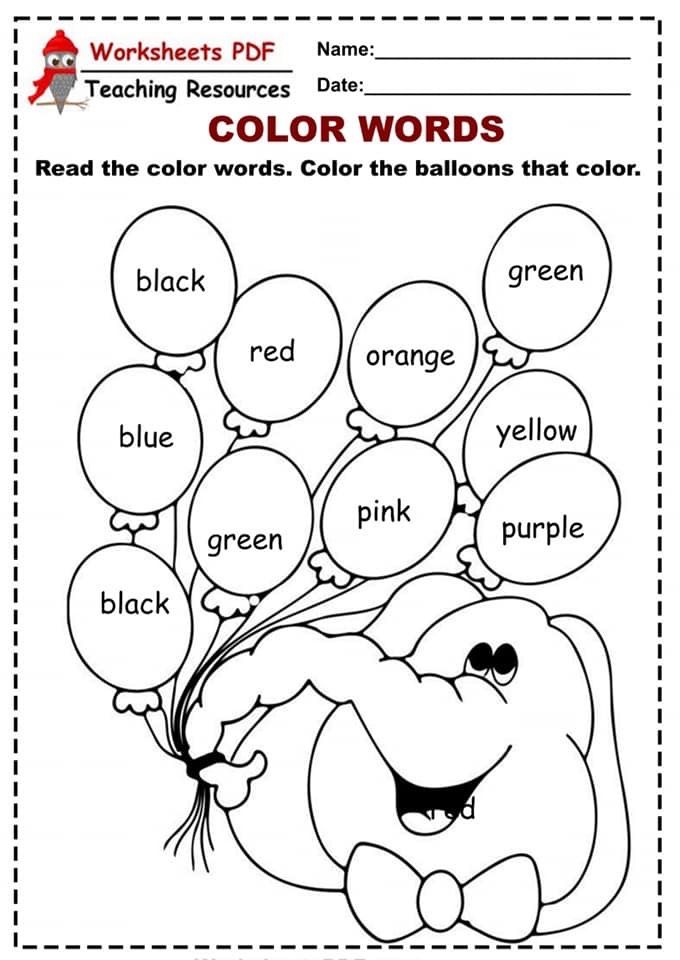Milestones in reading
Reading Milestones (for Parents) - Nemours KidsHealth
Reviewed by: Cynthia M. Zettler-Greeley, PhD
Nemours BrightStart!
en español Hitos en la lectura
This is a general outline of the milestones on the road to reading success. Keep in mind that kids develop at different paces and spend varying amounts of time at each stage. If you have concerns, talk to your child's doctor, teacher, or the reading specialist at school. Getting help early is key for helping kids who struggle to read.
Parents and teachers can find resources for children as early as pre-kindergarten. Quality childcare centers, pre-kindergarten programs, and homes full of language and book reading can build an environment for reading milestones to happen.
Infancy (Up to Age 1)
Kids usually begin to:
- learn that gestures and sounds communicate meaning
- respond when spoken to
- direct their attention to a person or object
- understand 50 words or more
- reach for books and turn the pages with help
- respond to stories and pictures by vocalizing and patting the pictures
Toddlers (Ages 1–3)
Kids usually begin to:
- answer questions about and identify objects in books — such as "Where's the cow?" or "What does the cow say?"
- name familiar pictures
- use pointing to identify named objects
- pretend to read books
- finish sentences in books they know well
- scribble on paper
- know names of books and identify them by the picture on the cover
- turn pages of board books
- have a favorite book and request it to be read often
Early Preschool (Age 3)
Kids usually begin to:
- explore books independently
- listen to longer books that are read aloud
- retell a familiar story
- sing the alphabet song with prompting and cues
- make symbols that resemble writing
- recognize the first letter in their name
- learn that writing is different from drawing a picture
- imitate the action of reading a book aloud
Late Preschool (Age 4)
Kids usually begin to:
- recognize familiar signs and labels, especially on signs and containers
- recognize words that rhyme
- name some of the letters of the alphabet (a good goal to strive for is 15–18 uppercase letters)
- recognize the letters in their names
- write their names
- name beginning letters or sounds of words
- match some letters to their sounds
- develop awareness of syllables
- use familiar letters to try writing words
- understand that print is read from left to right, top to bottom
- retell stories that have been read to them
Kindergarten (Age 5)
Kids usually begin to:
- produce words that rhyme
- match some spoken and written words
- write some letters, numbers, and words
- recognize some familiar words in print
- predict what will happen next in a story
- identify initial, final, and medial (middle) sounds in short words
- identify and manipulate increasingly smaller sounds in speech
- understand concrete definitions of some words
- read simple words in isolation (the word with definition) and in context (using the word in a sentence)
- retell the main idea, identify details (who, what, when, where, why, how), and arrange story events in sequence
First and Second Grade (Ages 6–7)
Kids usually begin to:
- read familiar stories
- "sound out" or decode unfamiliar words
- use pictures and context to figure out unfamiliar words
- use some common punctuation and capitalization in writing
- self-correct when they make a mistake while reading aloud
- show comprehension of a story through drawings
- write by organizing details into a logical sequence with a beginning, middle, and end
Second and Third Grade (Ages 7–8)
Kids usually begin to:
- read longer books independently
- read aloud with proper emphasis and expression
- use context and pictures to help identify unfamiliar words
- understand the concept of paragraphs and begin to apply it in writing
- correctly use punctuation
- correctly spell many words
- write notes, like phone messages and email
- understand humor in text
- use new words, phrases, or figures of speech that they've heard
- revise their own writing to create and illustrate stories
Fourth Through Eighth Grade (Ages 9–13)
Kids usually begin to:
- explore and understand different kinds of texts, like biographies, poetry, and fiction
- understand and explore expository, narrative, and persuasive text
- read to extract specific information, such as from a science book
- understand relations between objects
- identify parts of speech and devices like similes and metaphors
- correctly identify major elements of stories, like time, place, plot, problem, and resolution
- read and write on a specific topic for fun, and understand what style is needed
- analyze texts for meaning
Reviewed by: Cynthia M. Zettler-Greeley, PhD
Date reviewed: May 2022
A Quick And Easy Guide
What Are Reading Milestones?
Reading is a big step in your child’s early development. Being able to independently dive into books — to feel the joy of reading on their own — is important for your child’s confidence. Knowing about reading milestones can help you help them!
“Milestones” are like checkpoints that can help you keep track of where your child is in their reading journey. Milestones are not hard and fast rules about when your child should know how to do something.
Instead, milestones can help you understand the books and resources that will support your child’s learning as they move through school and grow a little older. Knowing what concepts they could be learning and interacting with can help a lot with their at-home reading!
Most reading milestones compare a child’s skills with their age. While this can be a useful tool, it’s important to remember that there’s no such thing as the “right” age for your child to master a certain skill.
Your child will have their own unique timeline as they develop the skills that lead to fluency and then to becoming an excited and independent reader. As their interests evolve, their motivation for reading may change, too.
This journey depends on many different factors, and remember that all kids are different. Your child may reach each milestone earlier or later than other kids their age.
This is perfectly normal! We want to emphasize the importance of working on reading skills a little bit at a time and consistently (and in a fun way!), rather than focusing on checking off boxes.
With that said, here are the reading milestones (by age) to keep in mind as your little one grows older and progresses on their reading journey.
Reading Milestones By Age
Babies (Less Than 1 Year)
Although it may not feel like it, your child starts accumulating the skills they’ll need to help them on their reading journey as early as infancy. Interactions with books and words (before they can even talk, far less read) help set the foundation they need for a love of reading later on.
Your little one might receive lots of puzzle books or soft, fuzzy books for holidays and birthdays. These are great! They help get your baby engaged with storytelling and illustrations.
When you read to your child or play with these books, they might respond by making their own special set of noises to show you that they’re paying attention, having fun, and curious about what they see.
Toddlers (Between 1 And 2 Years)
As your little one grows, the noises they made before will transform into baby babble and, soon enough, they will say their first words!
They might start to recognize the things they see by their names, too. Pictures that show up often in kids’ books — animals like puppies and zebras, or things they see in their everyday life, like candy, phones, cars, and dogs — might become part of their toddler vocabulary!
To encourage them to shout out what they know, you can point to things and ask, “What’s that?”
If your child doesn’t know the names of all these things yet, that’s OK, too! You know your child best.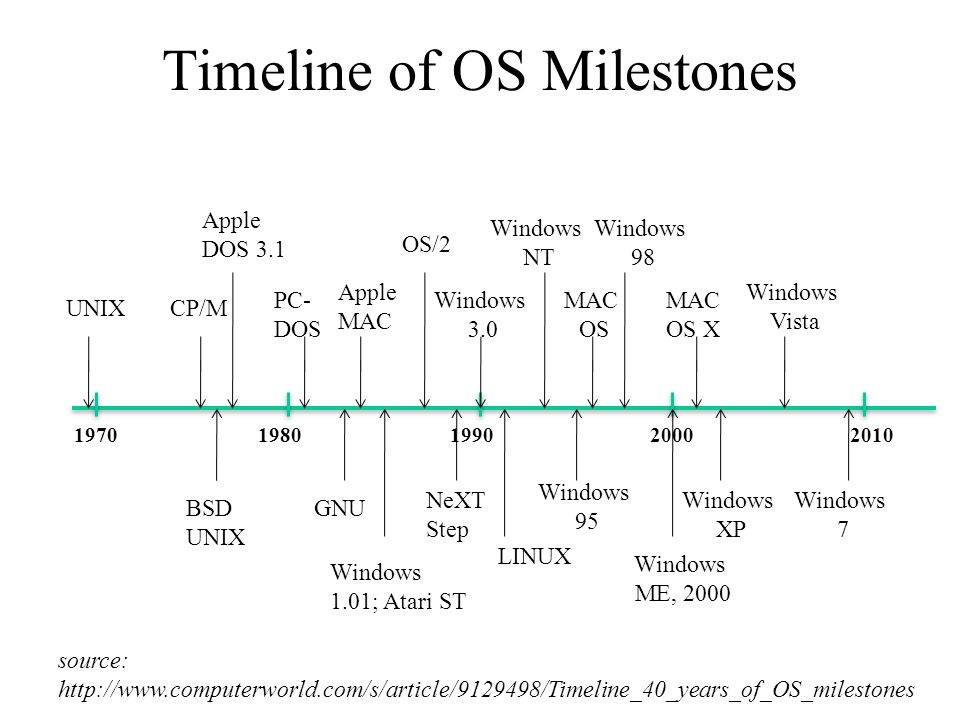 As long as they seem engaged, you’re on the right track.
As long as they seem engaged, you’re on the right track.
Additionally, at this age, your child may become more involved with storytime. They might want to hold the book, for example. We recommend letting them turn the pages while you read together. Even if they don’t know the words, this helps them understand what reading feels like!
If they’re super enthusiastic, they may even treat you to a story of their own. Watch your little one mimic you by turning the pages and narrating in their own (babbling) words.
Preschoolers (3 To 4 Years)
If your child is going to daycare or preschool, this is when their teacher will start to introduce the different parts of books.
Your child will discover that we read words from left to right and turn the pages from right to left. They may also learn to recognize the title, spine, and cover of a book, and the name of the main character and their buddies may come up in conversation.
To encourage this process, you can try and get them engaged by asking them about the things they read or ask them to point to the title and author.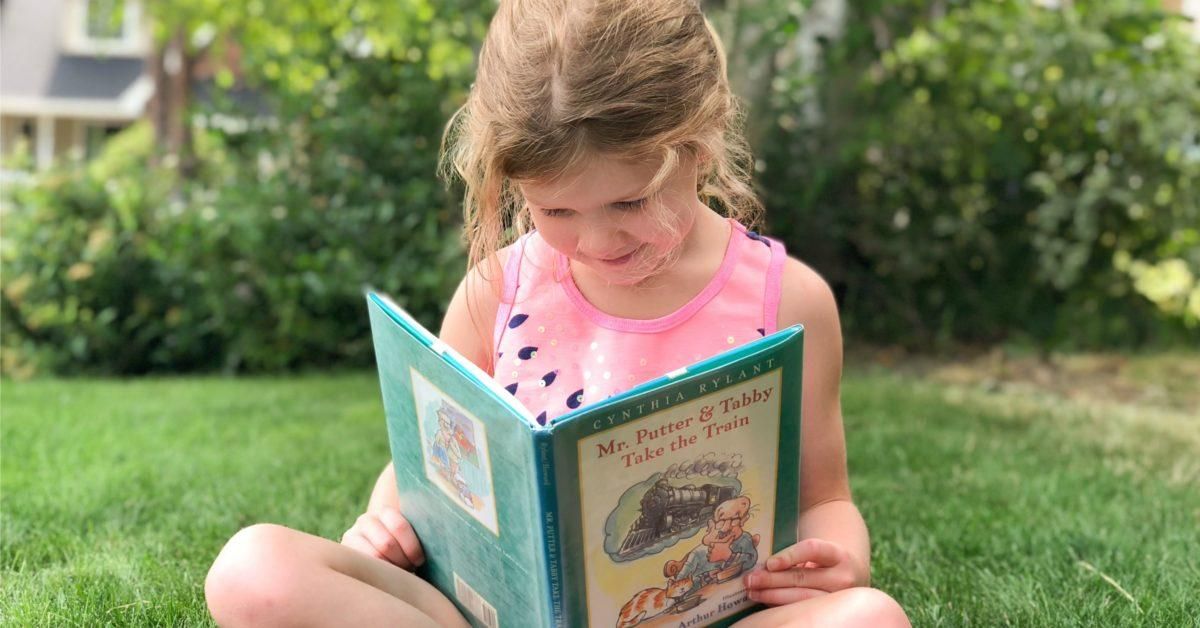
Phonics may also become part of their daily reading routine. Phonics is basically the relationship between letters and sounds. Rhyming songs and word games are amazing ways to get your child having fun with phonics.
Expert tip: If you’re looking for help with phonics, you can visit the HOMER blog for tips, advice, and fun game ideas!
Part of their singing will probably include the alphabet song, too. By this age, they may be singing it all the time by heart — this is great! For even more alphabet fun, check out the HOMER Learn & Grow app, which has several different alphabet songs.
If your child can also recognize a good handful of their alphabetic letters, then they’re making great strides in their reading journey. They may also begin to play around with scribbling, then writing random letters, and then, eventually, writing their own name.
For now, it’s not important if they are pencil-wielding wizards. As long as they’re having fun with their letters and understand that letters are used in reading, they have a wonderful start!
But remember, even if they aren’t quite there yet, it’s perfectly OK!
Kindergarteners (5 To 6 Years)
Around this age, your child’s reading milestones start becoming more grounded in breaking apart words and understanding their different components.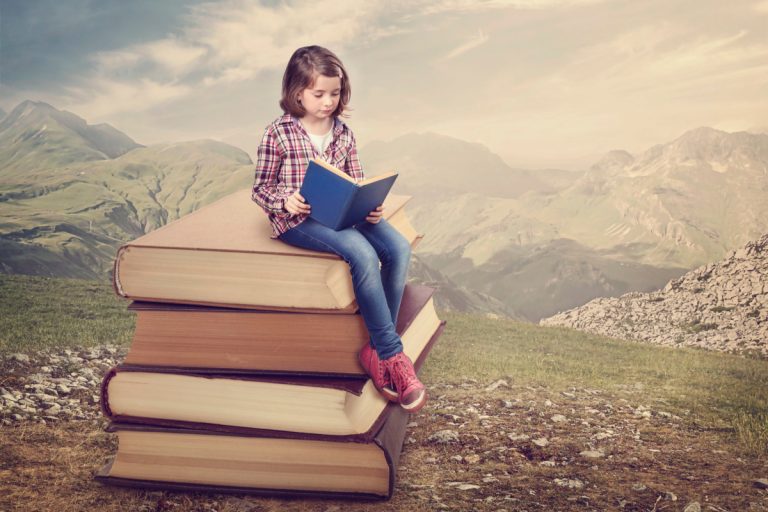
Your kindergartener will start to see that words can be spelled with uppercase or lowercase letters, and that they are found outside of books — they’re everywhere!
At this age, your child may also learn how to distinguish the beginning, middle, and end of words into individual phonemic sounds. Over time, they’ll even learn to group and identify words that start and end with the same sounds!
For unfamiliar words, your child will be exposed to the concept of “sounding out” or decoding words by recognizing different letter sounds and putting those sounds together.
Along with learning words that are phonetically regular (meaning they sound the way they’re spelled), your child may be exposed to sight words. Not all sight words are phonetically irregular, but a lot of them are. Memorizing them is the best way for your child to learn them.
Since memorizing is an advanced learning skill, it may take some time for your child to add sight words to their vocabulary. Again, this is perfectly normal and will vary from child to child.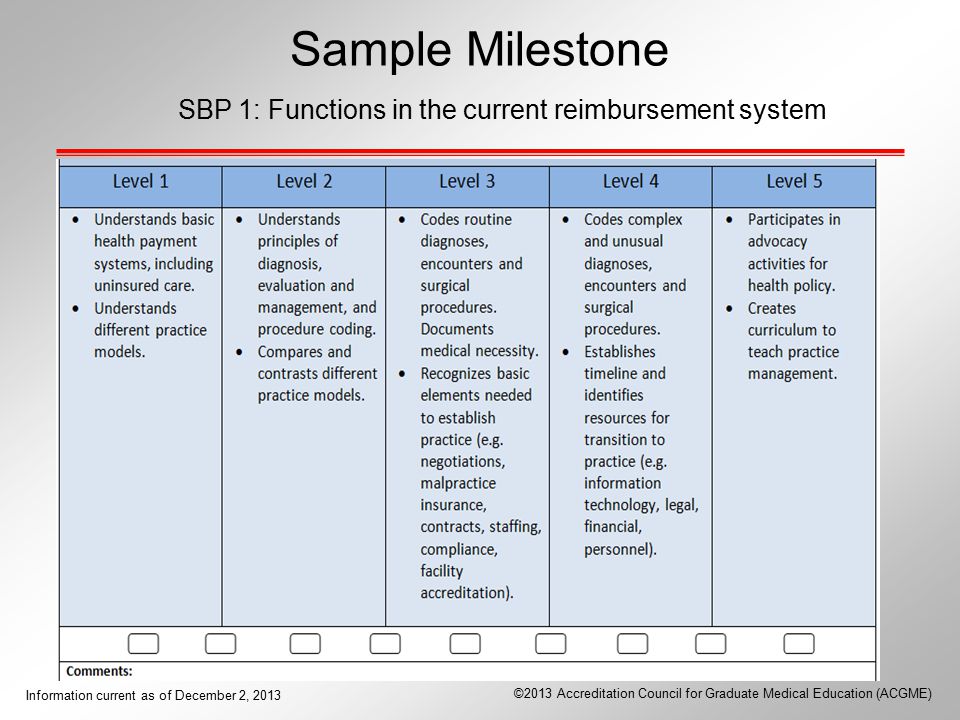
We recommend making sight words fun and easy by playing games, pointing out sight words in your everyday life (like on road signs, for example), and focusing on a few words at a time.
Young Elementary (6 To 7 Years)
By this age, your child’s reading confidence is really growing! Their skills are becoming more substantial, and they may begin exploring independent reading (or reading quietly beside you).
Their vocabulary and word recognition will likely grow, especially with high-frequency words that appear often in things they read — words like a, and, to, and the.
They may also begin noticing punctuation and how it affects the tone of the sentences they read. And their decoding skills will grow stronger as they practice unfamiliar words more and more.
Finally, all of the new (and old!) stories they read will help them feel confident as readers and all the more eager to read more and more!
Older Elementary (8 To 10 Years)
Once your child conquers the initial foundations of reading they are ready for a shift! Rather than focusing on the learning process behind reading, your child will begin to pivot for the purpose of reading to learn new things.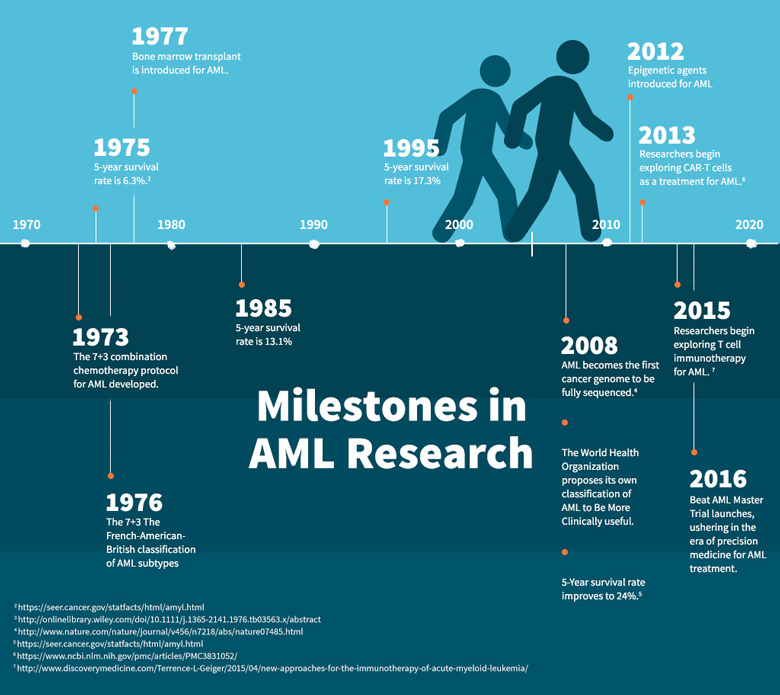
At this age, your nights of bedtime stories might change, but it doesn’t mean they have to end! Your child will start to seek out books that interest them. Having a good supply of these books on hand — whether purchased or from the library — can be huge for your young reader!
As your child reads more and more, they may be able to answer questions about the things they’ve read. Identifying characters and talking about the theme, setting, problem, and resolution in a story can now become part of their reading routine.
Different reasons for telling a story might also become more apparent to them. They’ll understand that some stories are made to teach, others to entertain, and others to persuade readers.
Your older elementary child may also be exposed to read-aloud sessions during which they practice taking the reins in reading the story. This is a great way for you to spend time together — sit back and listen as your confident reader shows off their achievements!
Reading Milestones As Guidelines
We want to reassure you that learning to read isn’t a perfect science.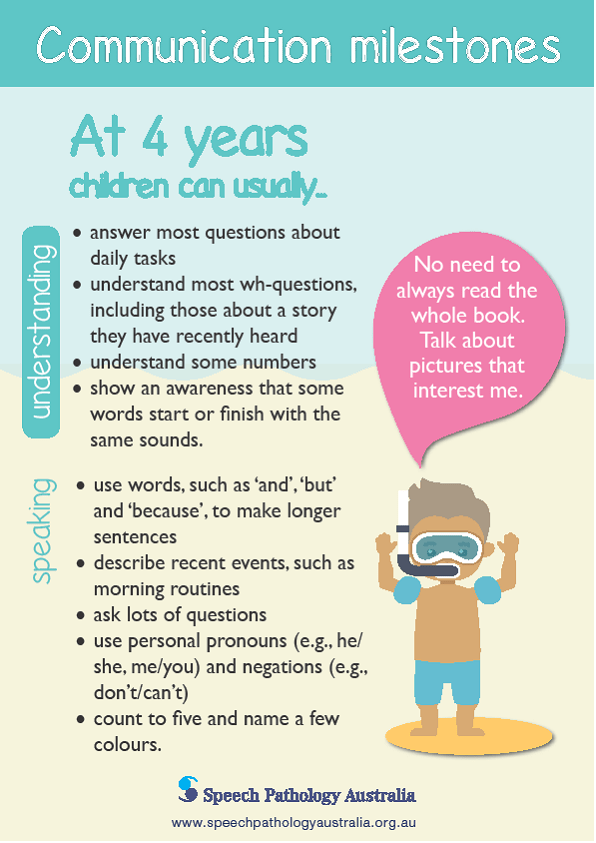 There are many variables involved, and all children are different!
There are many variables involved, and all children are different!
So, of course, they’re going to learn to read at different rates. What worked for your first child or your neighbor’s kid may not work for your youngest child, and that’s OK!
We recommend using these reading milestones as guidelines, not rules. But if you ever have a question about your child’s reading progress, discuss it with your child’s teacher or consult a professional who can help you assess your child’s skills.
And if you ever need a hand keeping up your child’s reading routine, check out our fun Learn & Grow app for a personalized learning journey that boosts their confidence and grows with them!
Author
Milestones of Russian Literature | Methodical development for reading (grades 3, 4) on the topic:
- Cards for independent reading of passages
from the Chronicle of Bygone Years
Card 1
Read the passages from the Chronicle of Bygone Years.
Find words with a meaning that you understand,
read them and translate them into modern Russian
Card 2
Read passages from the Chronicle of Bygone Years.
The second part is actually a “mirror”, that is, the rules of conduct for “young boys” and girls. In fact, this is the first etiquette textbook in Russia, i.e. rules of conduct.
- Cards for independent work
according to the options: reading, writing down the modern version of the rule and analyzing phrases from the collection
“An honest mirror of youth “An honest mirror of youth” Write down on the line below the modern interpretation of this rule of conduct for children and youth
Young people cannot speak without asking, and when they do, they should speak favourably, and not shout.
____________________________________________________________________________________________________________________
Be of service and do not give yourself orders twice about the same thing: and thus you will receive mercy.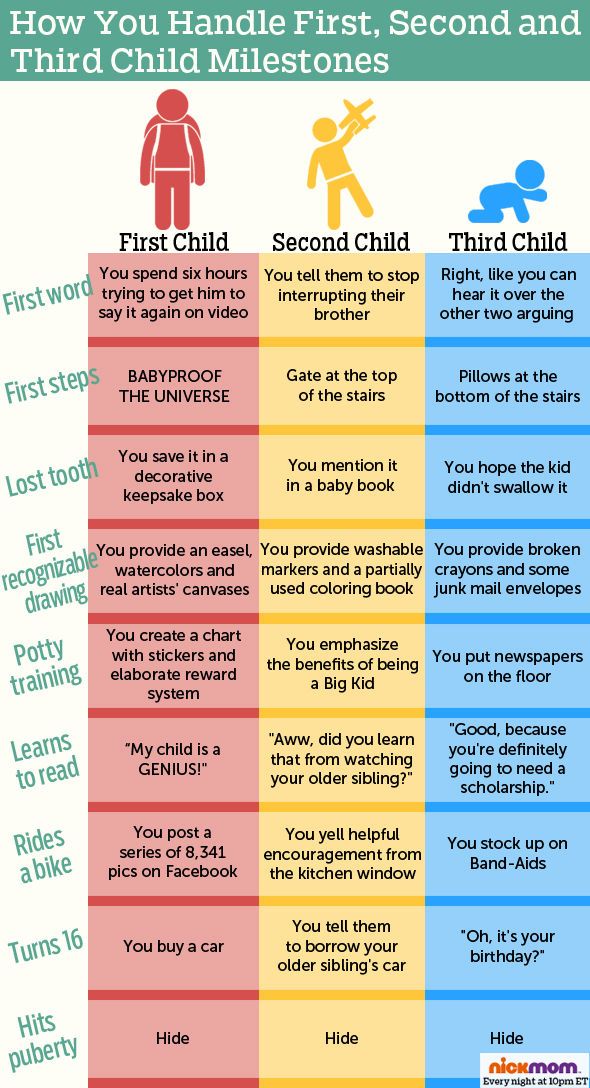
__________________________________________________________________________________________________________________________
All who are promised anything to whom have the grace to fulfill it without delay.
__________________________________________________________________________________________________________________________
Always spend time in pious deeds, and do not be idle and idle on working days.
____________________________________________________________________________________________________________________
Where two people speak secretly among themselves, do not listen, for eavesdropping is shameless ignorance
__________________________________________________________________________________________________________________________
Option 2
Read phrases - teachings from the collection of 17th - 18th centuries. “An honest mirror of youth” Write down on the line below the modern interpretation of this rule of conduct for children and youth
No one praises himself too much and do not be ashamed.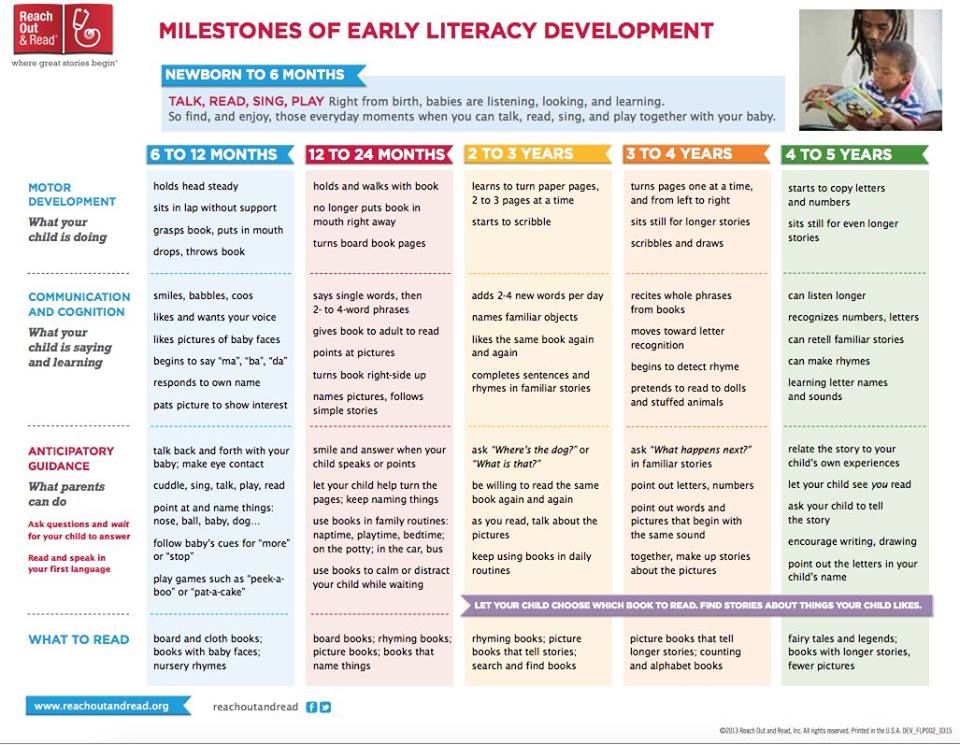
__________________________________________________________________________________________________________________________
Young people should not talk bad about anyone and not divulge what they hear.
________________________________________________________________________________________________________________
Let the lad be diligent in all his services, and serve with zeal. For as one serves, so they pay him and receive happiness for himself.
___________________________________________________________________________________________________________________
No one has to hang his head and lower his eyes, walk down the street and look askance at people, you have to step and keep your head straight, look at people cheerfully and pleasantly.
____________________________________________________________________________________________________________________
Do not learn to deceive people, for this evil is disgusting to God, do not despise old and crippled people, be truthful in all matters.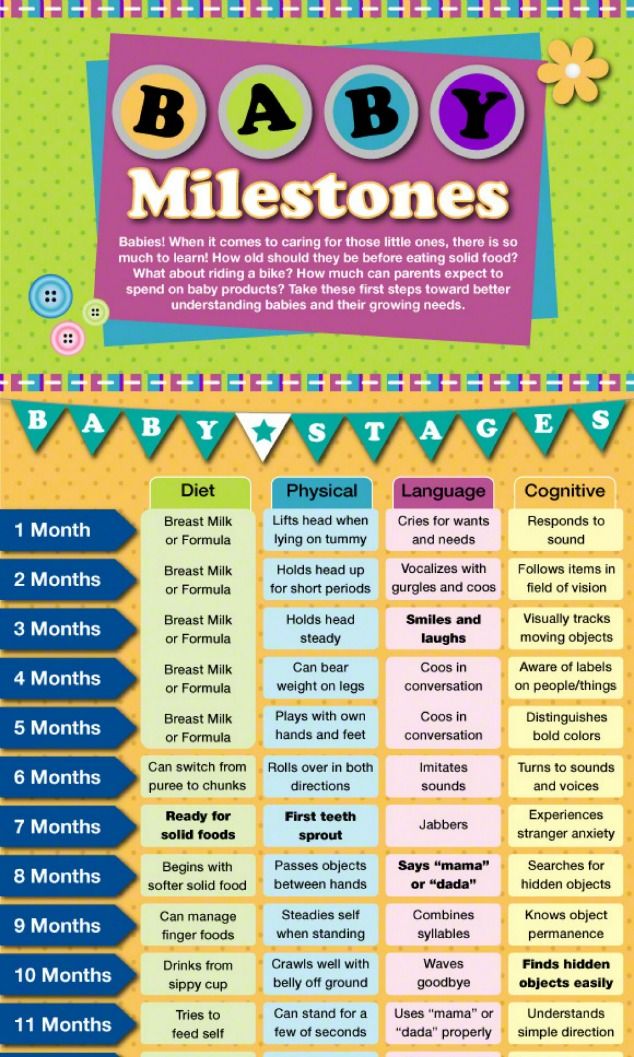
___________________________________________________________________________________________________________________
- Cards for pair work
Mark the texts that were included in L.N. doll; she called her Masha. She took this Masha in her arms.
- Sleep. Masha! Sleep. daughter! bye, bye, bye!
- Dad bought a coloring book for his son Alik. There are drawings:
mammoths and elephants, alligators and hippos, rhinos and monkeys.
And Alik's mother bought paints and brushes and felt-tip pens. He colored the drawings with paints. The mammoth turned blue and the rhinoceros turned red. Well well!
- There were chocks in the meadow. The children took these chocks and laid down the hut.
Before the walls, after the roof. And there was a chimney on the roof, and there were doors on the corner.
The hut was not small, but the doors were too small for the doll. The children took off the roof, and the dolls sat on top of it.
- The grandmother had a granddaughter;
the grandmother used to bake bread herself, sweep the hut, wash, sew, spin and weave for her granddaughter; and after that the grandmother became old and lay down on the stove and slept all the time. And the granddaughter baked, washed, sewed, wove and spun for her grandmother.
- There is a big mountain near the school. The whole day on the mountain is a crowd of children. All
are in a hurry to go down the mountain. Here Misha and the dog Fluff got into the sled. The sledge is flying like an arrow on the ice. The gun is scary. And Vasilisa is learning to skate at the rink. Children are funny and funny. After the walk, they will go to watch the cartoon "Masha and the Bear"
- A man went to mow the meadows and fell asleep, and Happiness walked around the world
. Happiness came up to the peasant and said:
- Here he is sleeping instead of working, and then he will not gather hay in good weather, but he will say to me, to Happiness: I have no happiness.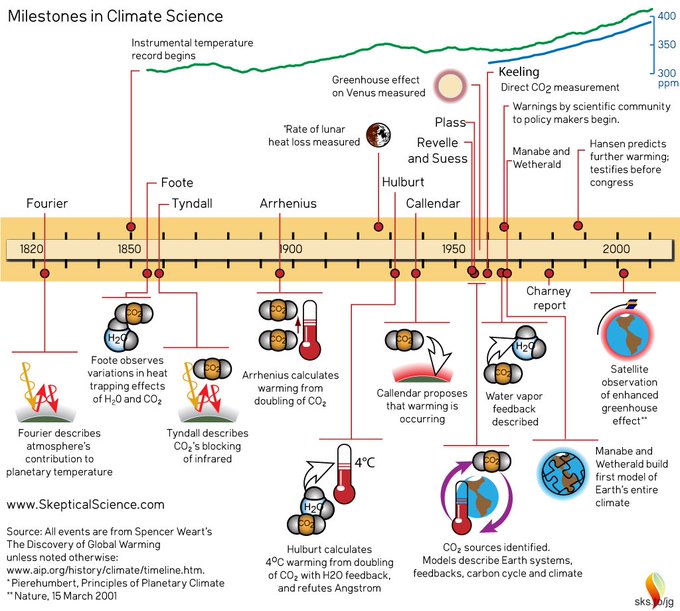
- Natasha has guests. There are toys on the floor. There is an elephant and a donkey. At
the doll table: Marisha, Irisha and Sasha. Designer on the shelf. The guests played with Natasha's toys.
- Card for reading the conclusion about the texts of L. Tolstoy
The instructive stories of L. N. Tolstoy are remembered for a long time, they tell what boasting, laziness, cowardice leads to and sing of kindness, courage, diligence.
- Coloring cards
(some options)
90,000 "" "Milestones"]. 1909 / Leo Tolstoy "[About "MILESTONES"]". 1909 / Leo Tolstoy
- LNT
- Yasnaya Polyana
- GMT
Search by thematic sites
Lev Tolstoy
A collection of articles about the Russian intelligentsia, Vekhi, published in early 1909, interested L.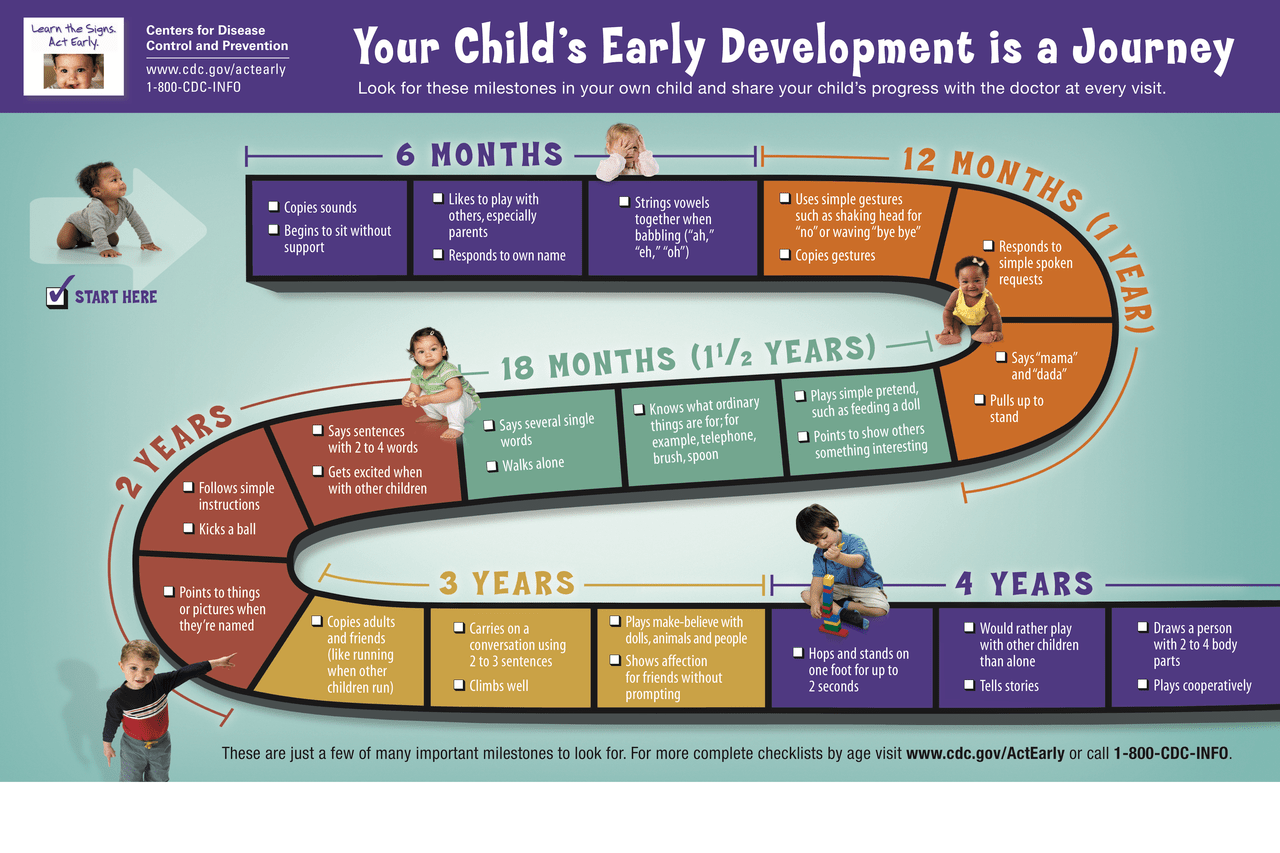 Tolstoy, who intended to find there ideas close to him "about the superstition of external reorganization and the need for everyone to work internally on themselves." But reading the articles in the collection disappointed and even outraged him. According to D. P. Makovitsky, Tolstoy spoke about the authors as follows: “They are too passionate, they know everything. What is not there! Both this and that; and, finally, you don't know what they want."
Tolstoy, who intended to find there ideas close to him "about the superstition of external reorganization and the need for everyone to work internally on themselves." But reading the articles in the collection disappointed and even outraged him. According to D. P. Makovitsky, Tolstoy spoke about the authors as follows: “They are too passionate, they know everything. What is not there! Both this and that; and, finally, you don't know what they want."
Tolstoy was disappointed with the “chatter” he found in the collection and contrasted it with the letter he received from the peasant, in which he “illiterately, but very correctly, approached the very essence of the causes of the misery of our life.” “It hits the very center,” said Tolstoy. – And it begins directly: “My beliefs are such…””.
In the opinion of the writer's secretary N. N. Gusev, Tolstoy "does not want to publish the article on Vekhi, partly because he does not want to offend the 'young intelligentsia', i.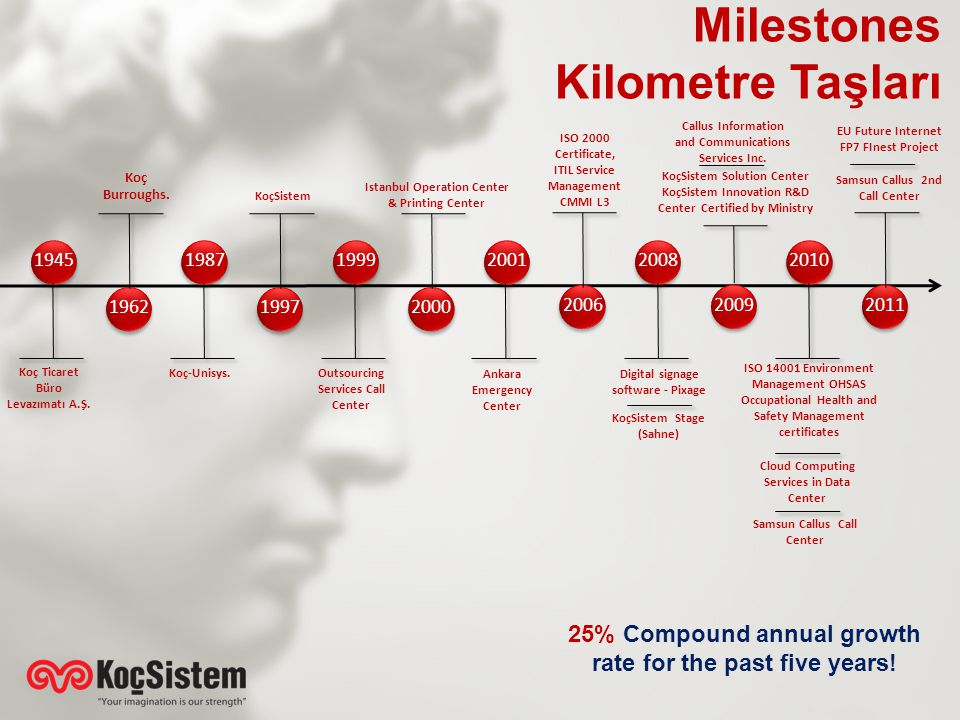 e., the authors of the collection whose articles he sharply criticizes, partly because that this book caused a great controversy, in which he would not like to interfere, partly for other reasons.
e., the authors of the collection whose articles he sharply criticizes, partly because that this book caused a great controversy, in which he would not like to interfere, partly for other reasons.
And in a conversation with journalists - the correspondent of "Russian Word" S. P. Spiro, to whom Tolstoy told the main ideas of the article for publication in the newspaper excerpts from it, and P. B. Struve, the editor of "Russian Thought", Tolstoy explained the main reason his reluctance to publish the article in full: "I have decided not to publish my article because I do not want to cause - I'm afraid of this - an unkind feeling in people." And he made a very important remark: “Your reproaches of the intelligentsia for being irreligious and, I would add, for terrifying self-confidence are justified. But I do not see the religious basis in whose name all this is said, and this is the main thing.
In the writer's diary dated April 23, there is an entry: “I was reading Vekhi. Amazing language. You have to be afraid of this. Not Russian, made-up words meaning implied new shades of thought, obscure, artificial, conventional and unnecessary. These words may be needed only when it comes to the unnecessary. These words are used and make sense only if the reader has a strong desire to guess and should always be accompanied by the addition: “because you understand, you and I understand this.”
Amazing language. You have to be afraid of this. Not Russian, made-up words meaning implied new shades of thought, obscure, artificial, conventional and unnecessary. These words may be needed only when it comes to the unnecessary. These words are used and make sense only if the reader has a strong desire to guess and should always be accompanied by the addition: “because you understand, you and I understand this.”
Later, in a conversation with VG Malahieva-Mirovich, commenting disapprovingly on her translation of the book by W. James "The Varieties of Religious Experience", Tolstoy remarked: "What kind of language is this: 'existential'? Isn't it a shame to disfigure the language like that? And subliminal is required? I live 82 years and have not heard. And what can it mean, this filthy word? - Subconscious. “What does 'under' mean? I understand, this is the chair below me. Wasn't it possible to say "unconscious"? This "Milestones", it seems, invented. Is it in Russian? They let in a fog, pretending that this is the most important thing, in order to put it more intricately, so that no one - and above all they themselves - understand nothing.

